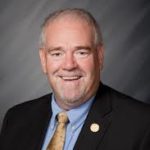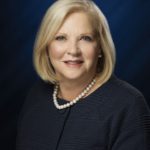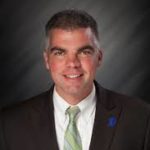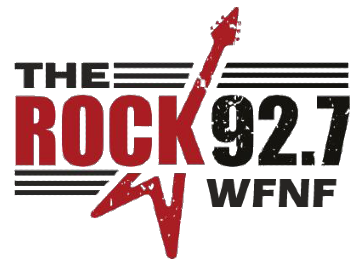INDIANAPOLIS — House Republicans’ bill to revise the governor’s emergency powers has morphed into a bid to declare some actions off limits.

The latest version of Majority Leader Matt Lehman’s bill bars local health departments from setting stricter limits than the governor without approval from the county commissioners. And it bans any state or local restrictions on houses of worship. Lehman (R-Berne) argues constitutional protections for freedom of religion should exempt churches from any limits.

Courts in other states have said churches can be subject to restrictions like capacity limits, but can’t be treated differently from nonreligious establishments. Bloomington Representative Matt Pierce (D) questions why legislators would allow churches to become potential hotspots for the coronavirus — he says the disease can spread in large groups there just as easily as anywhere else. South Bend Representative Ryan Dvorak (D) says he personally knows of people who have died after catching COVID-19 at church.

The third Democrat on the House Rules Committee, Anderson’s Terri Austin, joined Republicans in sending the bill to the House floor. The House could vote as early as next week.
The bill is one of two House proposals which would bar some of the emergency actions Governor Holcomb has taken in the pandemic. Fort Wayne Republican Bob Morris’s bill would not only block restrictions on houses of worship, but prohibit restrictions on any business’s capacity or operating hours. Morris’s bill would also block the governor from suspending elective surgeries at hospitals, an action Holcomb has taken twice to ensure there’s enough space for surges of coronavirus patients.

The House Commerce Committee is scheduled to vote on Morris’s bill next week.
The original focus of Lehman’s bill was on giving legislators more input on emergency declarations. That part of the bill has been scaled back. The original version would have required the governor to call legislators into session in an emergency at least once every two months if an emergency stretches beyond 30 days. That rule would have required three special sessions last year. The revised version lets legislators call themselves into session in an emergency if three of the four party leaders in the House and Senate agree.

